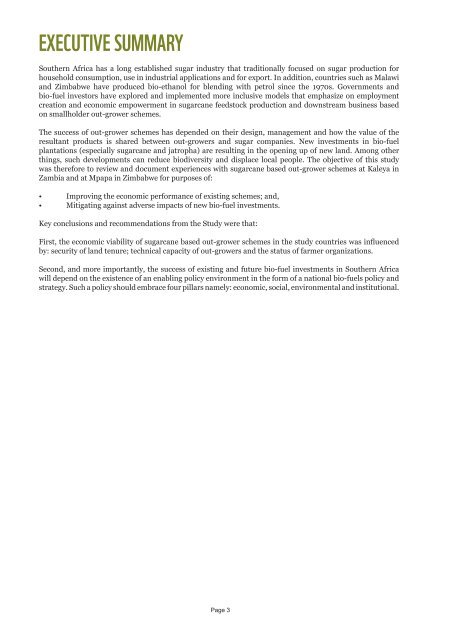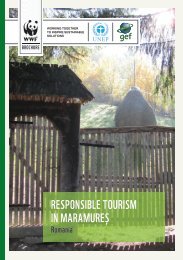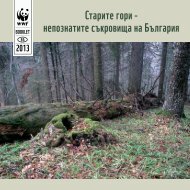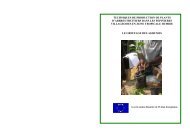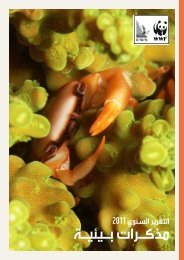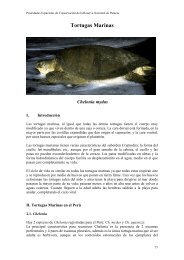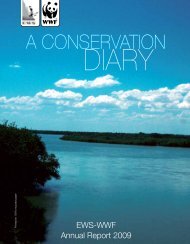Assessment of sugarcane outgrower schemes for
Assessment of sugarcane outgrower schemes for
Assessment of sugarcane outgrower schemes for
Create successful ePaper yourself
Turn your PDF publications into a flip-book with our unique Google optimized e-Paper software.
EXECUTIVE SUMMARY<br />
Southern Africa has a long established sugar industry that traditionally focused on sugar production <strong>for</strong><br />
household consumption, use in industrial applications and <strong>for</strong> export. In addition, countries such as Malawi<br />
and Zimbabwe have produced bio-ethanol <strong>for</strong> blending with petrol since the 1970s. Governments and<br />
bio-fuel investors have explored and implemented more inclusive models that emphasize on employment<br />
creation and economic empowerment in <strong>sugarcane</strong> feedstock production and downstream business based<br />
on smallholder out-grower <strong>schemes</strong>.<br />
The success <strong>of</strong> out-grower <strong>schemes</strong> has depended on their design, management and how the value <strong>of</strong> the<br />
resultant products is shared between out-growers and sugar companies. New investments in bio-fuel<br />
plantations (especially <strong>sugarcane</strong> and jatropha) are resulting in the opening up <strong>of</strong> new land. Among other<br />
things, such developments can reduce biodiversity and displace local people. The objective <strong>of</strong> this study<br />
was there<strong>for</strong>e to review and document experiences with <strong>sugarcane</strong> based out-grower <strong>schemes</strong> at Kaleya in<br />
Zambia and at Mpapa in Zimbabwe <strong>for</strong> purposes <strong>of</strong>:<br />
• Improving the economic per<strong>for</strong>mance <strong>of</strong> existing <strong>schemes</strong>; and,<br />
• Mitigating against adverse impacts <strong>of</strong> new bio-fuel investments.<br />
Key conclusions and recommendations from the Study were that:<br />
First, the economic viability <strong>of</strong> <strong>sugarcane</strong> based out-grower <strong>schemes</strong> in the study countries was influenced<br />
by: security <strong>of</strong> land tenure; technical capacity <strong>of</strong> out-growers and the status <strong>of</strong> farmer organizations.<br />
Second, and more importantly, the success <strong>of</strong> existing and future bio-fuel investments in Southern Africa<br />
will depend on the existence <strong>of</strong> an enabling policy environment in the <strong>for</strong>m <strong>of</strong> a national bio-fuels policy and<br />
strategy. Such a policy should embrace four pillars namely: economic, social, environmental and institutional.<br />
Page 3


